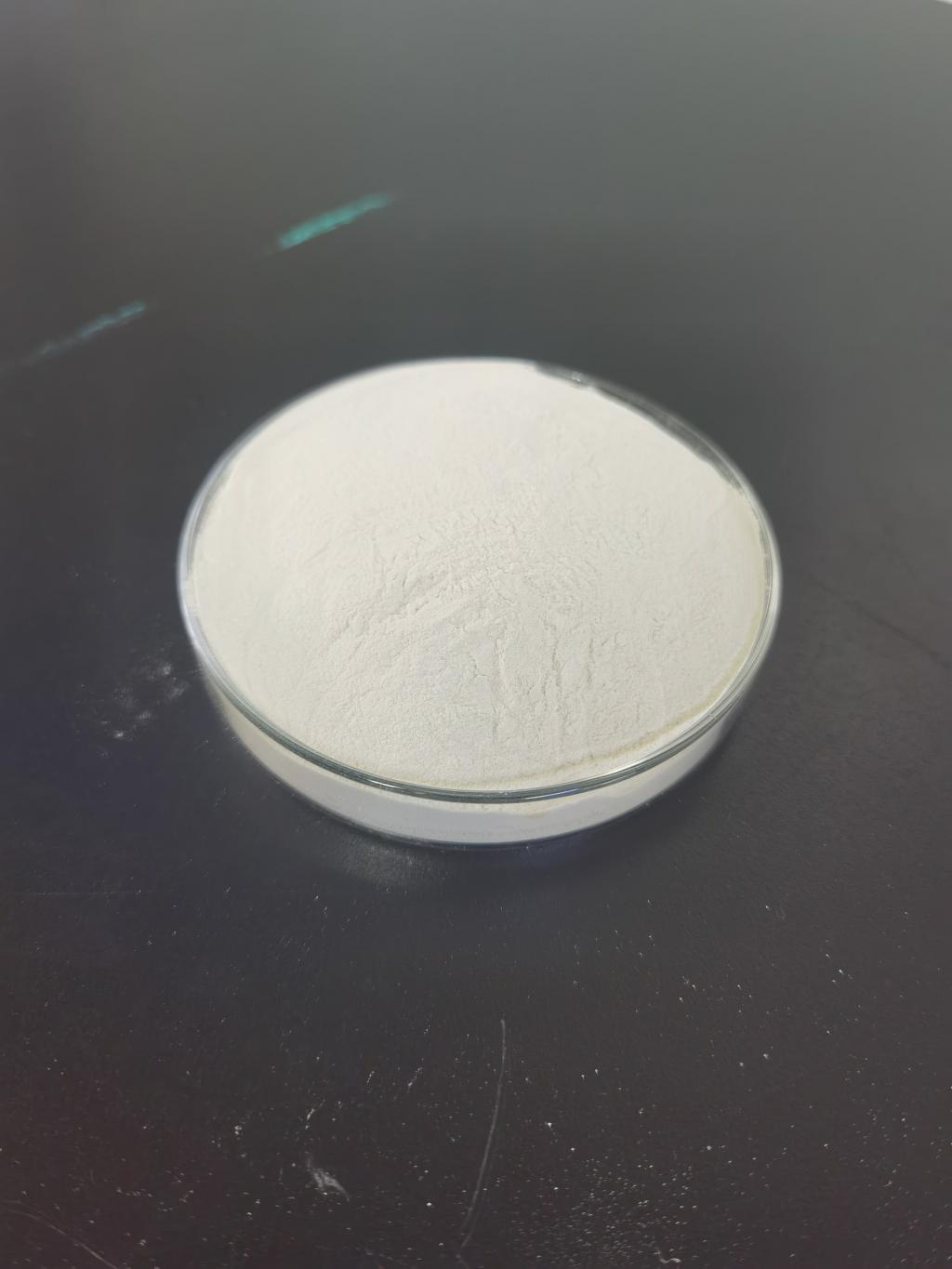Tel:+8618231198596

News
 CONTACT
CONTACT
 CONTACT
CONTACT
- Linkman:Linda Yao
- Tel: +8618231198596
- Email:linda.yao@dcpharma.cn
- Linkman:CHARLES.WANG
- Department:Overseas
- Tel: 0086 0311-85537378 0086 0311-85539701
News
Current Position:
Home >
News
>Exploring the potential of Nisin in enhancing the safety of fermented foods.
Exploring the potential of Nisin in enhancing the safety of fermented foods.
TIME:2024-04-26
1. Antimicrobial Activity of Nisin
Nisin is produced by lactic acid bacteria during fermentation and exhibits broad-spectrum antimicrobial activity against a wide range of Gram-positive bacteria, including species of Listeria, Staphylococcus, and Bacillus. Its mechanism of action involves disrupting bacterial cell membranes, leading to cell death and inhibition of growth. Nisin's effectiveness against pathogenic bacteria makes it an attractive option for enhancing the safety of fermented foods, particularly those susceptible to contamination during production and storage.
2. Application Methods
a. Direct Addition: Nisin can be directly added to the fermentation medium or incorporated into the food matrix during processing. This approach ensures uniform distribution of nisin throughout the product and allows for precise control of its concentration to achieve the desired antimicrobial effect.
b. Starter Culture Supplementation: Nisin-producing lactic acid bacteria can be used as starter cultures in fermentation processes to enhance the safety of fermented foods. These bacteria produce nisin during fermentation, providing ongoing protection against spoilage and pathogenic microorganisms.
c. Surface Treatment: Nisin can be applied as a surface treatment to fermented foods, such as cheese or meat products, to inhibit the growth of surface contaminants and extend shelf life. Surface application methods include spraying, dipping, or coating the product with nisin-containing solutions or films.
3. Regulatory Considerations
In many countries, nisin is approved for use as a food additive, with established maximum residue limits (MRLs) and safety assessments conducted by regulatory authorities. However, there may be specific regulations and guidelines governing the use of nisin in fermented foods, particularly in terms of allowable concentrations and labeling requirements. Compliance with regulatory standards is essential to ensure the safety and legality of nisin-enhanced fermented foods.
4. Future Directions
a. Combination Approaches: Combining nisin with other antimicrobial agents or processing technologies, such as high-pressure processing or pulsed electric field treatment, may enhance its effectiveness in controlling microbial contamination in fermented foods.
b. Nanotechnology: Utilizing nanotechnology-based delivery systems, such as nanoemulsions or nanoparticles, can improve the stability and efficacy of nisin in fermented foods, allowing for controlled release and prolonged antimicrobial activity.
c. Consumer Perception: Educating consumers about the safety and benefits of nisin-enhanced fermented foods is essential for promoting acceptance and adoption. Clear labeling and transparent communication about the use of nisin can help build trust and confidence among consumers.
Conclusion
Nisin holds great potential for enhancing the safety of fermented foods by inhibiting the growth of pathogenic and spoilage microorganisms. Its broad-spectrum antimicrobial activity, diverse application methods, and regulatory approval make it a valuable tool for food producers seeking to improve the safety and quality of fermented products. Continued research and innovation in this area will further advance the use of nisin as a safe and effective antimicrobial agent, ensuring the continued enjoyment of fermented foods while minimizing the risk of foodborne illness.
- Tel:+8618231198596
- Whatsapp:18231198596
- Chat With Skype







